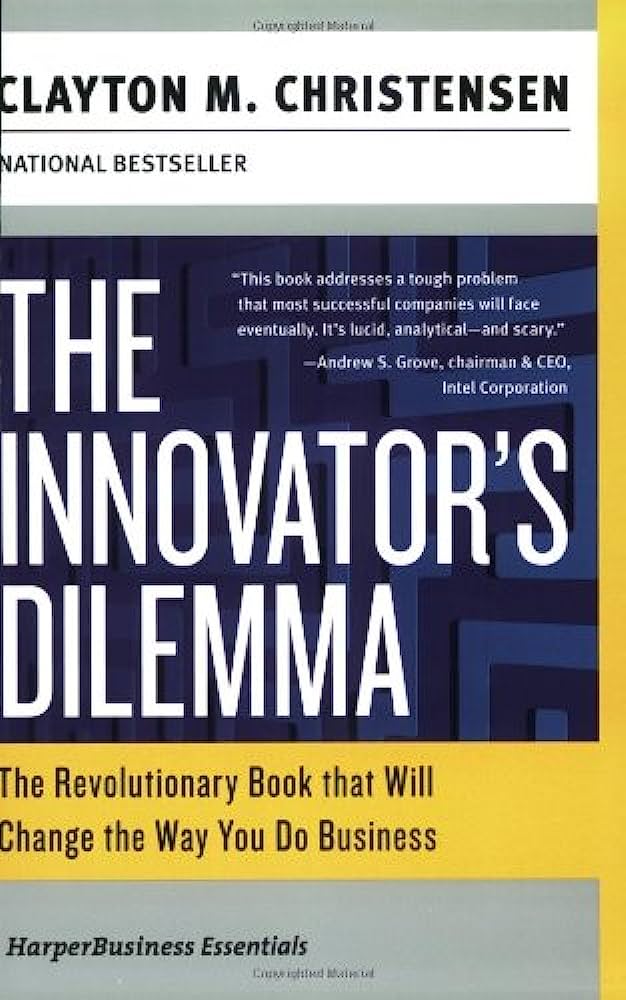Customer-Centricity in B2B Businesses
Customer-Centricity in B2B Businesses – Excerpts from a recent interview done for a large manufacturing company. Michael Ruckman discusses how B2B business must change to become customer-centric and how CJM and Segmentation can be applied in a B2B setting.

Sales training for front line along with basic development and coaching principles for line management.
Understanding branding and communications from the standpoint of emotional engagement and building relevant and meaningful dialogue with customers.
This course covers a complete view of customer touch points (both physical and virtual) and a unique model for standardizing and managing customer contact models across channels including approaches for customer feedback, quality management, and migration.
Understand how the innovation process changes moving from functionality and channel design to a process focused on creating value for customers.
Experiential Branding & Communications – Improving Brand Integration Through Emotional Engagement.
This course covers a complete view of customer touch points (both physical and virtual) and a unique model for standardizing and managing customer contact models across channels.
Sales training for front line along with basic development and coaching principles for line management.
Understanding how leaders must evolve with relation to the evolution of business models, new management models, and the significant changes to the workforce with Digital Natives now making up more than 50% of the workforce globally.
Understand the theory and mechanics of developing and managing a customer-centric and experience-driven corporate culture that is consistent and stable and includes elements of Employee Experience (EX) and Employee Relationship Management (ERM).
Understanding the evolution of leadership styles, management models, organizational structures, performance measurement and guiding change in the evolution of business models from product-centric to customer-centric and even relationship-centric.
Understand how to manage both internal and external digital transformation while considering the landscape for digital business models and the effect on traditional business models. Understanding organizational readiness for transformation and the role of corporate culture in managing transformations.
The changes in consumer behavior, employee behavior, and the evolution of business models in the digital age cause significant difficulties and imperatives for leaders who must develop new skills and evolve their leadership styles to be effective in this fast changing, challenging, and competitive environment.
Understand the value of a customer-oriented analytics package and how behavioral scenarios can be used to improve profitability through influencing behavior and usage.
To understand the principles of game dynamics and learn how to effectively use the elements of gamification in business: to involve customers, employees and contractors in the process.
Understand the components and features in a complex Customer Relationship Management system (infrastructure, architecture, functionality, etc.) and the uses and benefits for both the business and the customer.
Understanding the range and function of different relationship management processes used to build customer engagement models and manage the quality of customer relationships.
Understand how the innovation process changes moving from functionality and channel design to a process focused on creating value for customers.
Understanding the drivers and mechanics of corporate culture will help any management to design and develop an organizational culture for success and growth.
Understanding how leaders must evolve with relation to the evolution of business models, new management models, and the significant changes to the workforce with Digital Natives now making up more than 50% of the workforce globally.
Understand how to manage both internal and external digital transformation while considering the landscape for digital business models and the effect on traditional business models. Understanding organizational readiness for transformation and the role of corporate culture in managing transformations.
The changes in consumer behavior, employee behavior, and the evolution of business models in the digital age cause significant difficulties and imperatives for leaders who must develop new skills and evolve their leadership styles to be effective in this fast changing, challenging, and competitive environment.
Understanding how to design & manage change/transformation programs in organizations of different sizes. This course will help any size team or organization to better deal with change & transformation on any scale.




 Copy Link
Copy Link
 E-mail
E-mail
 LinkedIn
LinkedIn
 Facebook
Facebook
 Telegram
Telegram
 WhatsApp
WhatsApp









 Go Back
Go Back
Leave a Reply
You must be logged in to post a comment.